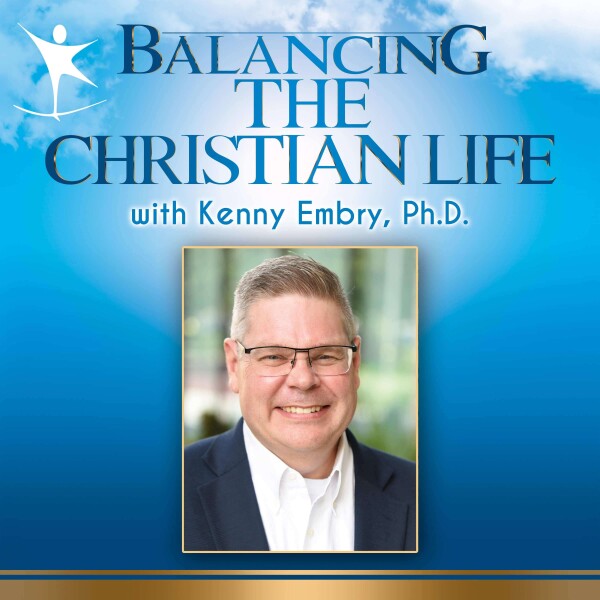Basic Christianity: Forgiveness with Jacob Hudgins
Nov 03, 2024 • S01 E189 • 00:49:55
Have you ever struggled with the weight of unforgiveness, feeling trapped by past hurts or wondering if it's possible to truly let go? In this episode, Kenny Embry and Jacob Hudgins explore the essence of forgiveness from both a personal and spiritual perspective. They delve into how this act can not only free us from the chains of bitterness but also align us closer to the divine model of love and reconciliation exemplified by Jesus. Join us to uncover how forgiveness can transform our lives, our relationships, and our very understanding of faith.
7 Key Takeaways:
- Forgiveness as Release: Forgiveness involves releasing the debt of an offense, mirroring God's forgiveness towards us.
- Personal vs. Religious Context: While personal forgiveness might seem straightforward, its depth matches the religious context, emphasizing the release from consequences rather than merely forgetting.
- Forgiveness Strengthens: Contrary to making one appear weak, forgiveness is a source of strength, following the model set by Jesus.
- The Cost of Forgiveness: True forgiveness often comes at a personal cost, reflecting the sacrifices Jesus made, challenging us to forgive even when it's difficult.
- The Process of Forgiveness: Forgiveness can be a long process, not an immediate action, involving growth, healing, and a change in perspective.
- Forgiveness and Relationships: While we are called to forgive, this doesn't always mean resuming the same relationship dynamics, especially if they are harmful.
- Forgiveness as a Reflection of God: Forgiveness teaches us about God's desire for relationship, highlighting His grace and our call to extend that grace to others.
10 Quotes:
- "Forgiveness is where the debt is released and we're no longer on the hook for what we've done." - Jacob Hudgins
- "Forgive us our debts as we forgive our debtors." - Referencing Jesus in the Lord's Prayer
- "Forgiveness is a worthwhile priority, even if it's personally taxing." - Jacob Hudgins
- "There is strength in seeming weakness." - Jacob Hudgins on Jesus' teachings
- "You can't be greedy if your hands are always open. You can't be bitter if you're always forgiving." - Jacob Hudgins
- "Why can't you be defrauded? Why can't you get the wrong end of the stick?" - Jacob Hudgins on Paul's teachings
- "Forgiveness can be a process and a process of growth and healing." - Jacob Hudgins
- "You can’t just store up every wrong that's ever gone wrong in your life." - Jacob Hudgins on the effects of unforgiveness
- "If we want to be Christians, we can't not forgive." - Jacob Hudgins
- "Jesus’ life resonates because there is far more strength in restraint, care, and compassion." - Jacob Hudgins
Three Applications:
- Self-Reflection:
- Take time to reflect on instances where you've held onto grudges. Consider how letting go of these might benefit your mental health and spiritual growth.
- Community Building:
- In church or community settings, foster an environment where forgiveness is taught not just as a principle but as a lived experience. Encourage openness about struggles with forgiveness to normalize this challenging but necessary process.
- Daily Practice:
- Implement a daily practice of forgiveness in personal interactions. This could mean resolving to not carry over arguments or misunderstandings from one day to the next, or consciously choosing to understand rather than judge others' actions.

 Rss
Rss
 Breaker
Breaker
 Player.fm
Player.fm
 Radio Public
Radio Public
 Apple Podcasts
Apple Podcasts
 Castbox
Castbox
 Castro
Castro
 Overcast
Overcast
 Pocket Casts
Pocket Casts
 Google Podcasts
Google Podcasts
 Spotify
Spotify
 Stitcher
Stitcher
 TuneIn
TuneIn
 iHeartRADIO
iHeartRADIO